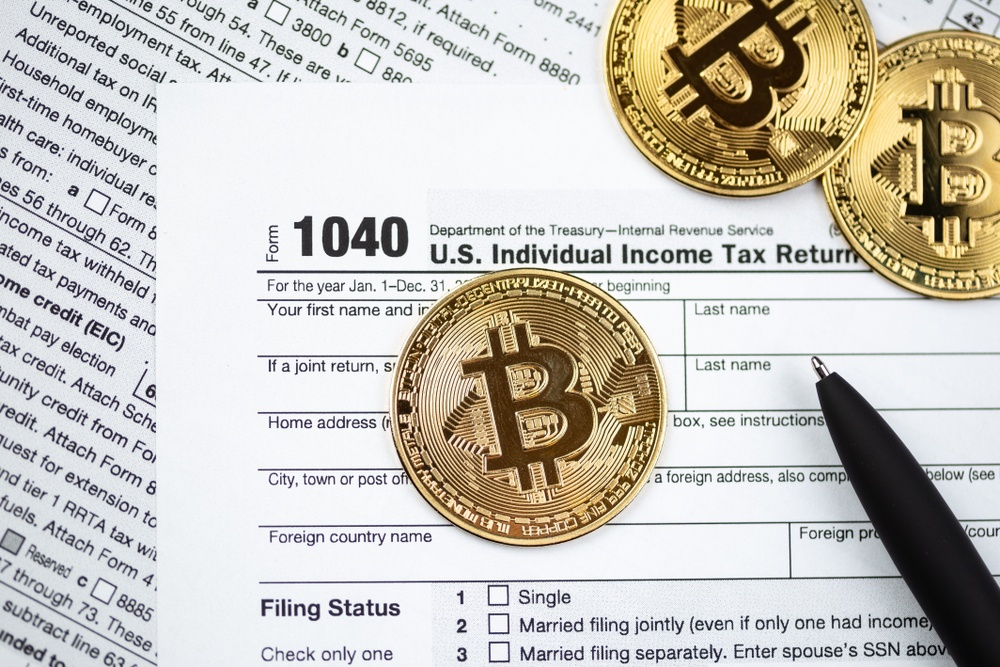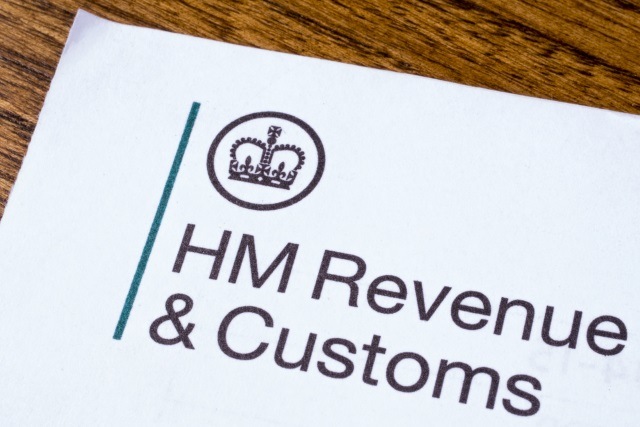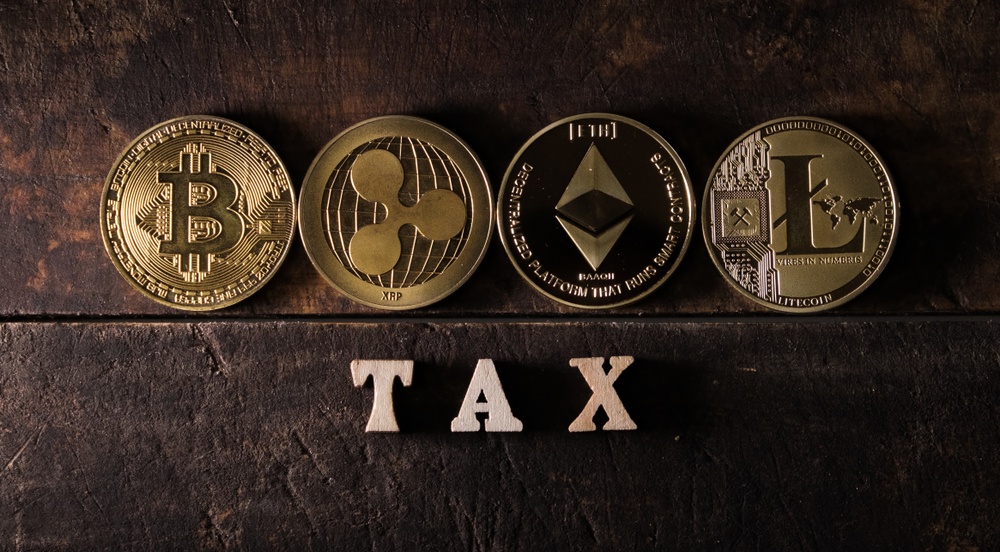Tax Regulation Would Once Again Lead Crypto Narratives in 2020

It is only a few weeks into the year, and yet, the crypto space keeps on giving – so much so that my projections for the year have begun to look somewhat too conservative. Already, the crypto terrorism narrative has come to the fore, bitcoin has showcased its safe haven capacity, and crypto taxation is once again trending. Of these three trends, reports suggesting new developments, as regards crypto tax regulations in leading crypto-friendling regions is the most recent. I intend on using this article to explore its implications.
Here, I will focus on the evolving crypto tax narratives, determine the events that have led to them, and unravel its implication on the crypto economy in 2020.
Crypto Taxation is Still Finding Its Footing

Crypto taxation came to the limelight in 2017 and enjoyed more awareness from 2018 through 2019, as regulators moved to either create new tax frameworks for the burgeoning asset or classify it under existing regulations. The intensity of crypto tax awareness programs and tax evasion lawsuits indicate that governments are doing all they can to get a slice of profits earned from partaking in crypto activities. While this is a given, it also put an unwanted burden on practitioners, considering how a majority of regulators are leaning towards taxation laws that might undermine the everyday use of cryptocurrency.
The Crypto Tax Narrative in the US

A case study is the US and its existing tax law subjecting cryptocurrency under the capital gain tax class, which require crypto holders to calculate the change in valuation of their crypto holding when they purchased it and the moment it was converted back to fiat money. Hence, crypto participants in this region ought to track their transactions and consider price fluctuations and how it determines what they pay as tax. You will agree that this tax classification is not ideal for crypto holders who are looking to use crypto for daily transactions.
For one, you will have to track how much your holdings have gained in valuation, even when it is just a cup of coffee you intend to pay for. According to Neeraj K. Agrawal of Coincenter, “if Starbucks does accept bitcoin at some point, you will be required to calculate capital gains on every cup of coffee you buy.”

Neeraj K. Agrawal of Coincenter
While this is a given, U.S. legislators are working on introducing a bill that would exempt tax on crypto transactions below $200. The bill, which is known as the Virtual Currency Fairness Act of 2020, is the latest proposal in an attempt to implement an exemption limit on crypto tax. The first of its kind was proposed in 2017, as it attempted to incorporate a $600 exemption limit. Experts believe that the reduction of the limit from $600 to $200 might appeal to legislators and spur them to pass the bill into law. Note that this bill looks to amend a tax act that has existed for 35 years. Its success or failure would indicate the United States’ affinity for change.
However, this is just the tip of the iceberg, as regards the crypto tax narrative playing out in the United States. Recall that the IRS has intensified its interest in reducing crypto tax evasion within its jurisdiction. In light of this, it has partnered with blockchain analytics firms to improve its crypto transaction tracking capability. Needless to say, this collaborative program has yielded fruit, as the agency has begun to send tax notices to crypto practitioners and remind them of their obligations. Since the start of this operation, the IRS has sent notices to 10,000 crypto participants.
To buttress its intent on establishing a compliant culture in the crypto economy, the IRS published guidance that encapsulates the entirety of tax regulations that applies to crypto activities. In its publication, the agency discussed tax liabilities as a result of crypto forks, the appropriate way of reporting cryptocurrency earned as income, and the acceptable method for calculating taxable gains.
The section that discussed the tax liabilities crypto forks subject on crypto practitioners reads:
“If your cryptocurrency went through a hard fork, but you did not receive any new cryptocurrency, whether through an airdrop (a distribution of cryptocurrency to multiple taxpayers’ distributed ledger addresses) or some other kind of transfer, you don’t have taxable income.”
What this means is that recipients of hard fork coins or airdrops are liable to income tax, and they must pay based on the value of the coins when it was received. While this answers some recurring questions, it, however, puts crypto holders in a fix. The actions of malicious airdrop facilitators could expose them to unwanted liabilities. Imagine receiving a scam token that you eventually sell at a price that is way below its original valuation because the project never really had a use case, nor was there a road map to begin with. Regardless of this, you must report the value of the airdropped tokens and pay tax accordingly.
On issues relating to cost basis, the documentation noted that taxpayers must sum up all the money they used to acquire cryptocurrency. This calculation must include “fees, commissions and other acquisition costs in U.S. dollars.” The publication explained that taxpayers must include the valuation of their holdings when it was acquired and the value at the moment of converting it to U.S. dollars. To ensure that these values are accurate, taxpayers ought to include the transaction fees, commissions, and the price the exchange sold the crypto for at the point of purchase. On the other hand, people who acquired their crypto at p2p exchanges could rely on crypto price indexes to gauge its fair market value.
Likewise, the IRS listed some of the identifiers crypto holders can use to connote the unit of cryptocurrency sold while preparing their tax returns. The acceptable identifiers include:
“(1) the date and time each unit was acquired, (2) your basis and the fair market value of each unit at the time it was acquired, (3) the date and time each unit was sold, exchanged, or otherwise disposed of, and (4) the fair market value of each unit when sold, exchanged, or disposed of, and the amount of money or the value of property received for each unit.”
Also, the IRS has recently introduced new requirements for the successful completion of taxpayers’ 2019 tax returns. This requirement entails taxpayers to complete a form requesting information regarding their crypto status among other things. Here, you will have to answer a question that reads: “At any time during 2019, did you receive, sell, send, exchange or otherwise acquire any financial interest in any virtual currency?”
In response to this development, crypto enthusiasts had expressed their viewpoint, with Jeffrey Levine, CPA and director of financial planning at BluePrint Wealth Alliance, stating that the answer taxpayers give to this question might put them at risk of facing regulatory scrutiny.

Jeffrey Levine
Levine stated:
“The biggest thing is that the IRS is asking this for a reason, and my question is how much have you increased your audit risk by checking ‘Yes’ in response?”
Another expert, Sarah-Jane Morin, deemed the inquiry a vague scheme that might put taxpayers in a bit of a dilemma.
“As a taxpayer myself, I find this question very frustrating because it isn’t clear… The most conservative approach that a taxpayer can take is to consider any interaction you’ve had with virtual currency and whether there’s any way this can fall under this very broad list of what you could’ve engaged in during 2019,” stated Morin.
The UK Has an Almost Similar Crypto Tax Regulation Stance

While crypto participants in the U.S. are still trying to grasp the implications of the abovementioned developments, the community in the UK might have to watch on, as similar tropes begin to play out in the country’s crypto tax conversation. Like the status of crypto tax in the US, regulators in the UK are yet to create a unique tax regulatory framework that would cater to crypto-related businesses and activities. For now, Her Majesty’s Revenue & Customs (HMRC) still defines cryptocurrency as commodities. This was glaring in its publication addressing crypto tax guidance for enterprises and businesses. In the document, HMRC acknowledged that understanding the concept of cryptocurrency and how it aligns with existing tax regulations is still an ongoing process. Hence, it would not shy away from reviewing its views as the sector develops.
In a recent move, the agency has opted to introduce technological advancements in its crypto transaction tracking operations. It announced that it would adopt a blockchain analytics tool to identify and catch cybercriminals. For a start, the tax regulator is looking to focus on tax evasion schemes perpetrated using seven popular digital assets. These assets include bitcoin (BTC), litecoin (LTC), ether (ETH), ether classic (ETC), XRP, bitcoin cash (BTC), and Tether (USDT) stablecoin. As such, HMRC has called for blockchain analytic experts to submit proposals, as it is willing to pay £100,000 ($130,000) for the licensing of the proposed tool.

The agency reportedly stated:
“Many of these crypto-asset transactions are recorded publicly in a ledger known as a blockchain. Whilst the transactions are typically public, the participants undertaking them are not.”
It won’t come as a surprise if one of the popular crypto analytic firms like Chainalysis, CipherTrace, and Elliptic eventually come out on top. These firms have a reputation for unraveling illegal crypto transactions and tracking thefts. Besides, HMRC hopes that the tool would allow it to access the blockchain records of privacy coins, which is easier said than done.
If you will recall, this is not the first time that the UK regulators have shown a proactive approach to forestalling crypto tax evasion. In August 2019, the agency had demanded customer transaction details from three of the major crypto exchanges operating within its jurisdiction. While explaining its actions, the regulator stated that “these transactions may result in potential tax charges and HMRC has the power to issue notices requiring exchanges to provide this information.”
South Korea Continues to Tinker with Its Crypto Tax Framework

In another development that reiterated the stance of global regulators on the issue of crypto tax, the South Korean government has reportedly set a plan in motion to introduce a 20% tax on incomes generated from cryptocurrency activities. According to reports, the country’s ministry of finance has begun the review of a proposal that might replace current regulations governing crypto income tax on cryptocurrency trading. If this is the case, the country would treat profits earned from trading crypto as miscellaneous income as opposed to capital gains that a majority of other countries have adopted.
Considering all these recent crypto tax developments in major economies of the world, it is glaring that regulators are not relenting in their quest to modify tax regulations and impose it on a previously unregulated crypto industry.
Why Is There A Growing Urgency on The Part of Regulators to Gain More Leverage on The Crypto Economy?

Over the last couple of years, the budding crypto market has attracted new entrants in their numbers and experienced unprecedented price fluctuations that had dwarfed even the most optimistic projections. Therefore, it was only a matter of time before governments deployed regulatory mechanisms to ensure that they share in the largesse generated in the crypto market, even though the market centered around systems helping individuals escape governments’ oversight.
It is looking less plausible that decentralization established in a majority of the blockchains, which regulators want to track, would offer crypto holders a shield from the recent barrage of initiatives implemented to identify tax evaders. Hence, the responsible thing to do is to take the time to understand the tax obligations governing your location and do the needful. Nonetheless, this does not mean that existing crypto taxation guidelines have addressed issues relating to some aspects of crypto tax reporting that still confuse crypto participants
For now, all you can do is get your tax advisor involved in the process to ensure that you do not overpay or underpay tax. Also, there are several crypto tax reporting tools you can adopt to make the process easy. And while some would argue that privacy coins are ideal for evading tax regulators, there is every reason to believe that governments will continue to try to find the loopholes of these blockchains. The recent crypto tax narratives have certainly set the tone for the rest of the year.
